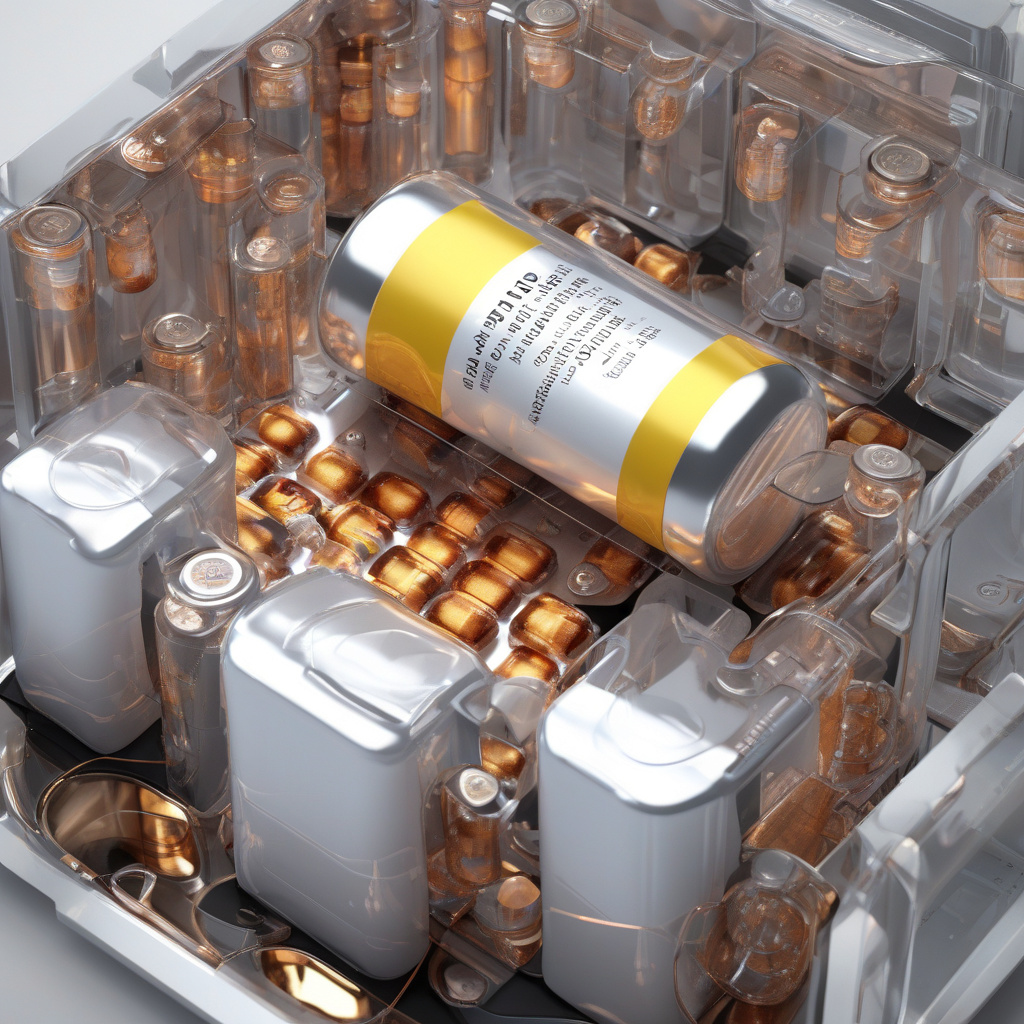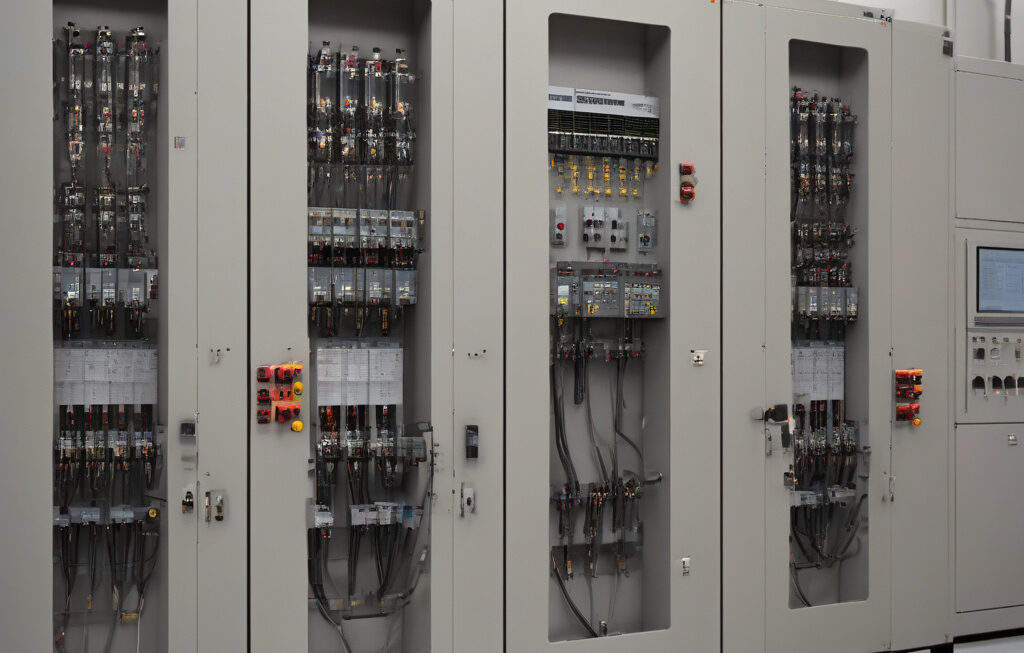Sodium-ion Batteries Revolutionized: Manganese-Based Breakthrough Extends Lifespan and Enhances Performance
A new method developed by scientists from Japan not only boosts the performance of sodium-ion batteries but also significantly extends their lifespan. This groundbreaking innovation revolves around the use of manganese, a cost-effective and abundant element that has the potential to revolutionize the energy storage industry.
Sodium-ion batteries have long been considered a promising alternative to lithium-ion batteries due to the abundance and low cost of sodium. However, their widespread adoption has been hindered by issues related to performance and lifespan. The breakthrough achieved by the Japanese researchers addresses these challenges head-on, opening up new possibilities for the use of sodium-ion batteries in various applications.
One of the key advantages of the manganese-based approach is its impact on the cycle life of sodium-ion batteries. By incorporating manganese into the battery’s cathode material, the scientists were able to significantly improve the stability of the battery over multiple charge-discharge cycles. This means that sodium-ion batteries utilizing this new method can be used for a longer period of time without experiencing a decline in performance.
In addition to the extended lifespan, the manganese-based breakthrough also delivers high performance levels. The researchers were able to achieve superior energy density and power output compared to traditional sodium-ion batteries, making them an attractive option for electric vehicles, grid storage, and other demanding applications. This improvement in performance is a game-changer for the energy storage industry, offering a more sustainable and efficient alternative to existing technologies.
Moreover, the use of manganese in sodium-ion batteries is a cost-effective solution that leverages the abundance of this element. Unlike other battery technologies that rely on rare and expensive materials, the manganese-based approach is scalable and affordable, making it a viable option for large-scale deployment. This not only benefits manufacturers in terms of cost savings but also contributes to the overall sustainability of the energy storage ecosystem.
The implications of this breakthrough extend beyond the realm of sodium-ion batteries. By demonstrating the potential of manganese in enhancing battery performance, the Japanese scientists have paved the way for further innovations in the field of energy storage. This opens up new opportunities for research and development, with the potential to drive advancements in renewable energy integration, electric transportation, and grid resilience.
As the demand for efficient and sustainable energy storage solutions continues to grow, the manganese-based breakthrough in sodium-ion batteries represents a significant step forward. By addressing the key challenges of performance and lifespan, this innovation has the potential to accelerate the transition towards a cleaner and more reliable energy future. With further research and investment, we can expect to see even more exciting developments that will shape the energy landscape for years to come.
In conclusion, the use of manganese in sodium-ion batteries offers a compelling solution to the limitations of current energy storage technologies. By extending lifespan, improving performance, and leveraging a cost-effective and abundant material, this breakthrough sets a new standard for innovation in the field. As we look towards a future powered by renewable energy, advancements like these will play a crucial role in driving progress and ensuring a more sustainable world for generations to come.
sodium-ion batteries, manganese-based breakthrough, energy storage, innovative technology, sustainability












